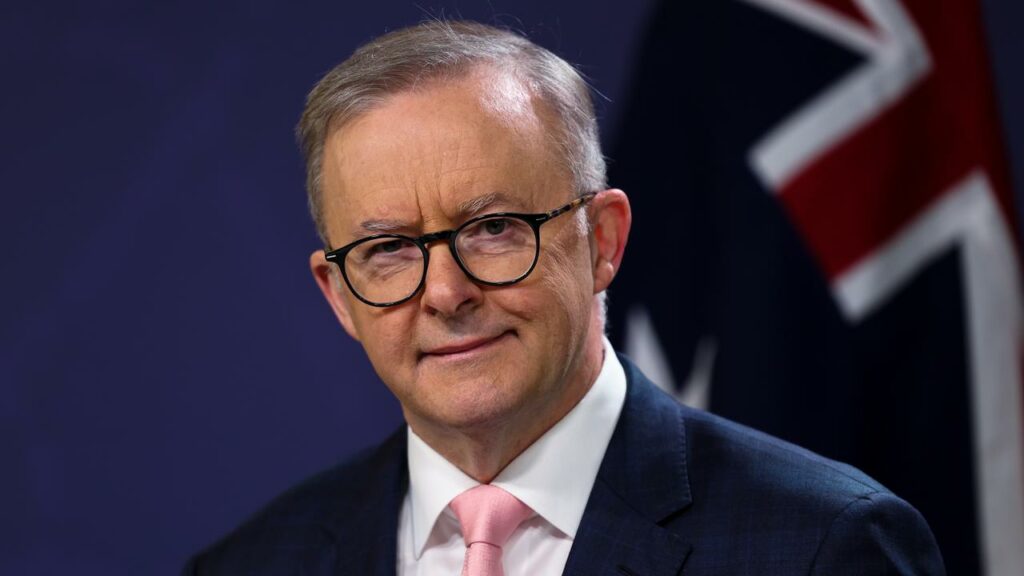COVID-19 health funding measures extended
Andrew Brown and Dominic Giannini |

Funding for Australia’s health response to COVID-19 has been extended to the end of the year, following talks between the prime minister and state and territory leaders.
Anthony Albanese said $760 million would be spent to extend pandemic health and hospital support for a further three months until December 30, after his first national cabinet meeting as prime minister.
The 50-50 funding arrangement between the Commonwealth and states and territories was due to expire at the end of September
Mr Albanese described the talks in Canberra as successful, indicating the response to the pandemic was ongoing.
“The decision that we made today to extend the funding is a recognition that there are currently around about 3000 people in hospital as a result of COVID, it is still having an impact,” Mr Albanese told reporters.
“(It) is why the Commonwealth felt that it was a reasonable proposition being put forward by the states and territories for increased Commonwealth funding.”
State and territory leaders welcomed the funding extension, with premiers and chief ministers publicly advocating for the boost in the lead up to national cabinet.
NSW Premier Dominic Perrottet said he was heartened by the extension, calling it a great start.
“This is not about money, it’s about working together on substantial reform, and I thought today’s national cabinet was refreshingly collaborative,” he said.
“This has been something that’s been in the too-hard basket for too long.”
Queensland Premier Annastacia Palaszczuk said state and territory heads have tried to get the health funding on the agenda at national cabinet for some time during the previous government.
“We’ve got a prime minister who listens and understands that health is a big issue that’s affecting everybody across our nation.”
While the funding has been extended until the end of 2022, the prime minister said timing for health funding beyond then was not brought up.
“We’re responding specifically to the circumstances which are the pressures on the state and territory health systems,” Mr Albanese said.
“It’s about making sure that Australians get the health care that they need when they require it.”
The prime minister said leaders agreed to work together to find long-term improvements to the health system, including connections between GPs and hospitals, as well as getting aged care and NDIS patients out of hospitals and into more appropriate care.
Health funding and health arrangements will come under a review, led by Prime Minister and Cabinet department secretary Glyn Davis.
National skills shortages were also a key topic of discussion during the talks in Canberra.
“The Commonwealth is prioritising productivity reform and economic reform and that was well received by the state and territories,” Mr Albanese said.
State and territories leaders supported calls for the federal government to set up a referendum to enshrine an Indigenous voice to parliament as part of the constitution.
National cabinet is next set to meet in October, before the federal budget is handed down, with leaders agreeing to meet at least four times per year.
A local government representative will join meetings once a year.
AAP